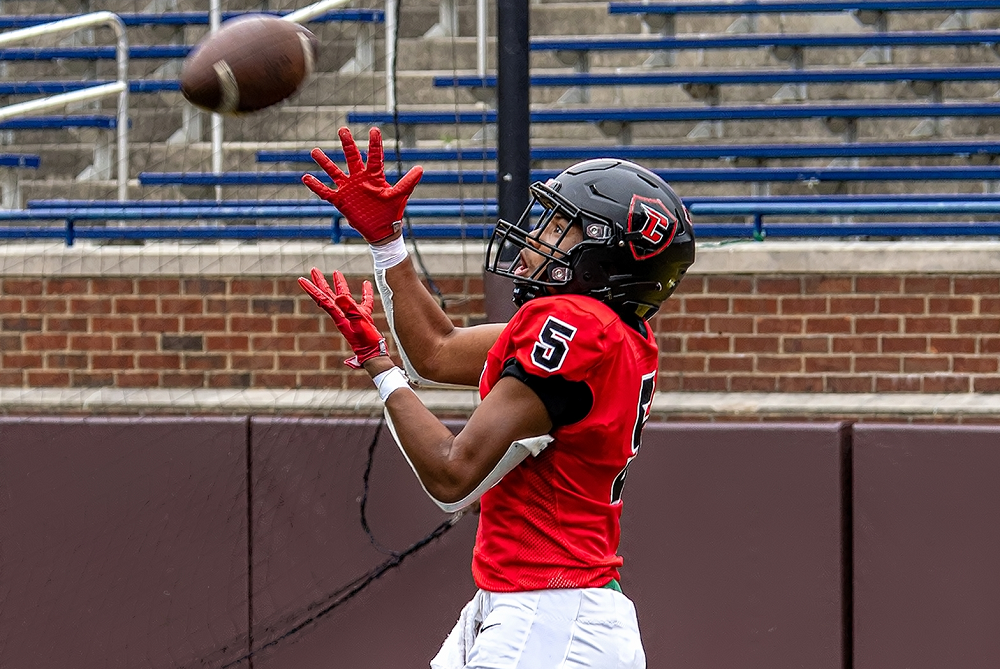
Be the Referee - Unique Kickoff Option
September 27, 2018
This week, MHSAA officials coordinator Sam Davis explains a little-known option unique to high school football regarding kickoffs.
Be The Referee is a series of short messages designed to help educate people on the rules of different sports, to help them better understand the art of officiating, and to recruit officials.
Below is this week's segment – Unique Kickoff Option - Listen
Here’s a football rule you may not know about or have ever seen applied.
After a touchdown or a field goal, the opponent of the scoring team may designate which team kicks off. That’s right! The team just allowing the points can decide who will kick off.
Now why would a team want to do that? Strategically, a team may elect to pin the other team deep in its own end with its own kicker late in a close game rather than risk successfully receiving an onside kick.
Though it is not often used by teams, it is a very clever way to manage the game. I’m sure the national rules makers had other reasons, but now you know about a unique rule that’s unique to high school football.
Past editions
September 20: Uncatchable Pass - Listen
September 13: Soccer Rules Change - Listen
September 6: You Make the Call: Face Guarding - Listen
August 30: 40-Second Play Clock - Listen
August 23: Football Rules Changes - Listen

Be the Referee: Football Rules Differences
By
Sam Davis
MHSAA Director of Officials
August 23, 2023
Be The Referee is a series of short messages designed to help educate people on the rules of different sports, to help them better understand the art of officiating, and to recruit officials.
Below is this week's segment – Football Rules Differences - Listen
The first week of the high school football season is always exciting … and sometimes confusing. Here are some – not all – differences between the high school game and what you see on Saturdays and Sundays.
In high school, there is no such thing as an uncatchable ball when judging pass interference. It is a penalty if there is illegal contact, whether the ball is catchable or not.
In overtime, high school teams start with the ball at the 10-year line – not the 25 like in college. And in high school overtime, you are only able to get a first down via penalty. And, at no time is a high school team required to go for two points.
And on extra point plays, if the defense gains possession, the try is over. The defense cannot return the ball for two points.

